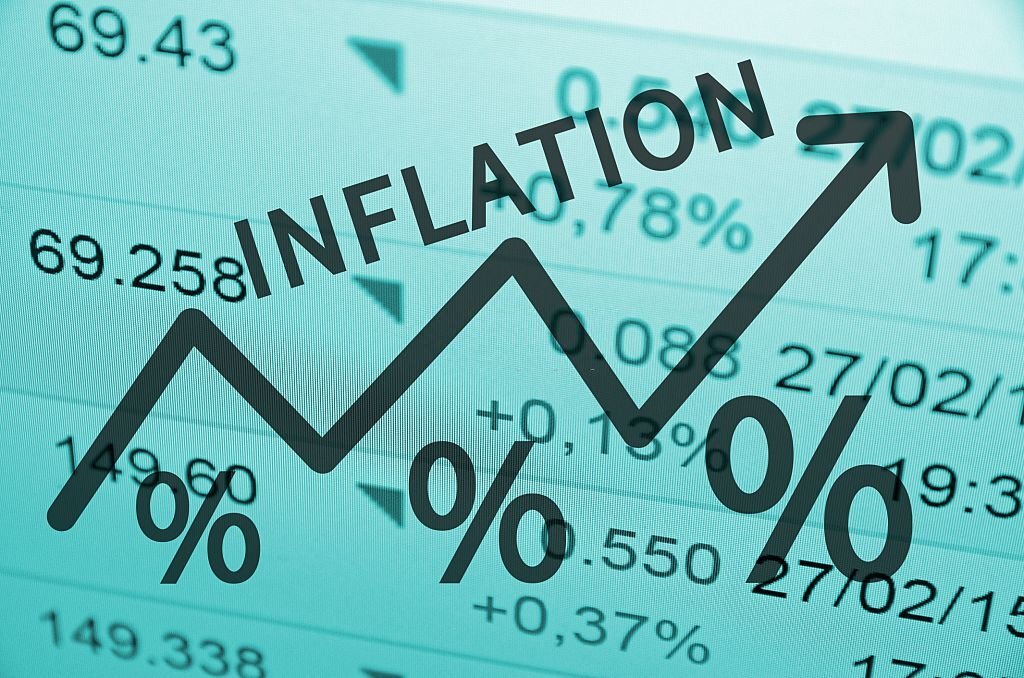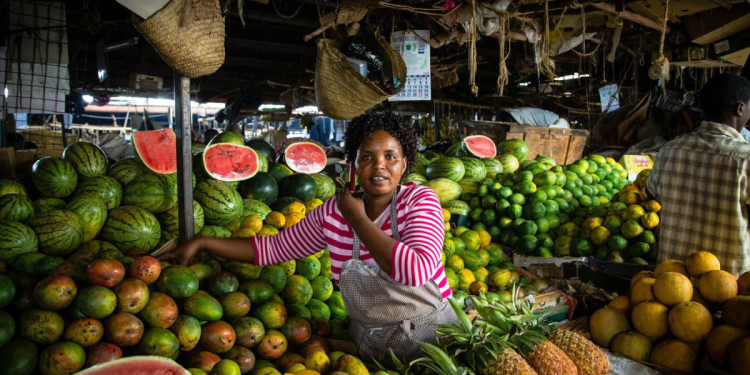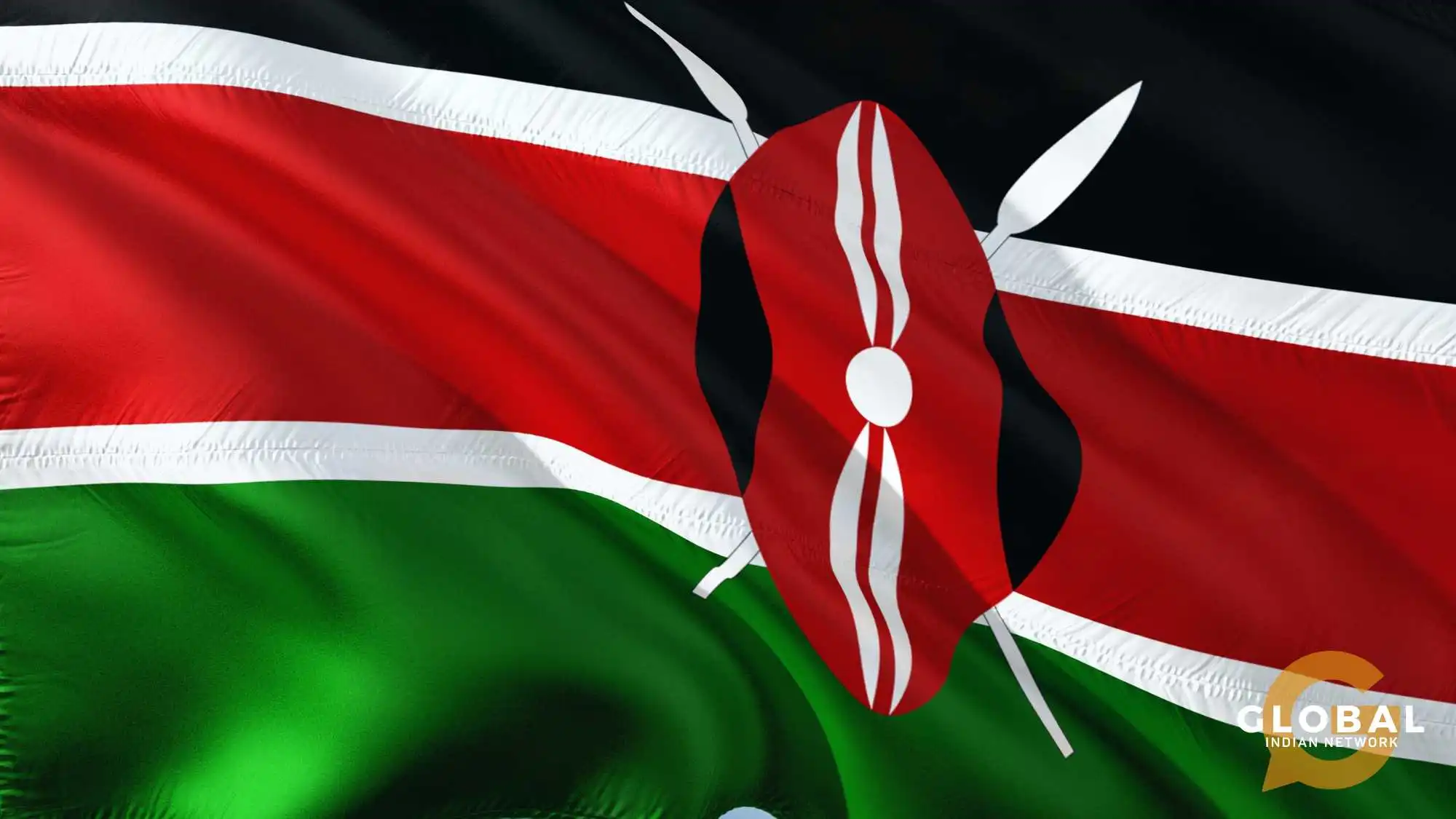Although a beautiful nation brimming with immense potential, Kenya has been battling a persistent struggle – high inflation rates.
From grocery shopping to economic growth, the inflation rate in Kenya has had devastating consequences for residents, businesses, and the country’s overall development.
This economic crisis has reached its boiling point, resulting in violent protests by the people of Nairobi, clashes with the police, and the alarming destruction of a portion of the parliament.
This blog discusses the massive impact of inflation on Kenya’s daily life and the factors fueling this economic crisis.

Table of Contents
Understanding Inflation
Inflation, in simple terms, is the gradual loss of buying power mirrored in a broad rise in prices for goods and services over time.
Calculating the average price increase of a basket of selected goods and services over a one-year period is a common measure of inflation.
A high inflation rate implies that prices rapidly increase compared to a low inflation rate, which means prices rise slowly.
Inflation differs from deflation, which happens when prices lower and purchasing power heightens.
YOU MIGHT BE INTERESTED IN: Embracing Kenyanness – A Journey of Identity and Belonging with Vimal Shah
Why is the Inflation Rate in Kenya so High?

A mix of several factors has led to the high inflation rate in Kenya.
Firstly, a significant amount of money is spent during electioneering, with most of it receiving no commensurate productivity. This factor was first observed in Kenya in 1990 when money in circulation rose before the 1992 elections, leading to high inflation.
Corruption and mismanagement is another factor. Consumers will pay the price regardless of whether goods are not supplied or substandard ones are supplied.
President Uhuru Kenyatta has put the expense of corruption at 2 billion shillings, which is approximately 7% of the annual GDP.
Another factor contributing to inflation is Kenya’s weak currency, which has been reduced by 3.5% since the beginning of this year. This is partly because of decisions made by other countries that impact the value of their currencies.
Taxes are another driver of inflation since they boost the prices of goods and services. The Finance Act of 2022 not only introduced new taxes but also raised the rates of the pre-existing ones.
Market structure is also another contributor. Since some industries have low competition, many owners do not hesitate to increase consumer prices.
The Devastating Impact of Inflation in Kenya

High inflation in Kenya has hit all sectors of the population in various ways.
Impact on Individuals
Low-income Kenyan households have been hit hardest by high inflation, especially in 2022.
As per Rose Ngugi, the director of KIPPRA, low-income earners are affected the most, especially when the food inflation rate rises since they spend almost 60% of their income on food.
Impact on Businesses
Naturally, small businesses have been affected the most.
As per the Central Bank of Kenya, inflation has been the biggest concern of small businesses and corporates and has been affecting purchasing power due to the rising costs of raw materials.
Therefore, they have been compelled to absorb all high input costs, eliminating their margins since they are unable to pass on the increasing costs to consumers and push the demand down.
A Parliament in Flames: The Despair of Kenyans

In response to the new finance bill, Kenya’s parliament building was burned by the people, which marked the most direct assault on the government in decades.
Journalists have reported at least three dead bodies in an area where the police opened fire, and medical workers also reported five more people killed.
These clashes spread to other cities, causing more destruction.
Kenya’s defense minister said that the military was deployed to assist the police during the incidents.
Meanwhile, protesters demanded that the legislators vote against the bill that aimed to increase taxes on the country.
RELATED: Beyond the Protests in Kenya: The Roar of a Generation with Vimal Shah
Crushing Kenyans: Will the Inflation Rate in Kenya EVER Slow Down?
After years of despair, many Kenyans have become hopeless, wondering if the inflation rate will ever slow down.
Several politicians have put forward many potential solutions – but most of them are either vague or unsustainable.
As per Professor XN Iraki, Kenya must increase production of the goods and services that are in shortage. For instance, Kenya generates a mere 39% of its national wheat consumption.
He also explains that productivity is the key to minimizing high inflation rates. Innovation and efficiency must be encouraged.
Additionally, the Central Bank of Kenya can play a pivotal role by raising interest rates to keep inflation at bay, make borrowing more costly, and promote savings.
Moreover, the government can employ fiscal measures to curb spending and potentially bring about targeted subsidies for necessary goods.
Conclusion
The high inflation rate in Kenya has been a persistent struggle for the nation with devastating consequences for its people and economy.
The causes for this are many, ranging from currency weakness to corruption. The people have tried hard to battle through many protests to no avail.
However, experts have suggested many solutions that would require a multifaceted approach.
Only by implementing such unique approaches can Kenya achieve economic growth and improve the lives of their people.
FAQs
What is the inflation rate in Kenya in January 2024?
According to the Kenya National Bureau of Statistics, the annual average inflation in January was 7.50%.
What is the unemployment rate in Kenya?
The employment rate in Kenya is forecasted to be 66.86% in 2024.
Which country has the highest inflation rate?
Venezuela is reported to have the highest inflation in the world.










[…] high public debt negatively impacts its inflation rates, with an increase in public debt correlated with higher inflation rates, especially in the long […]
[…] pension increases each year based on the highest of three factors: average earnings growth, the rate of inflation, or 2.5%. This mechanism aims to protect pensioners, including immigrant pensioners, from the […]
[…] The Devastating Impact of Inflation Rate in Kenya […]
[…] projected real GDP growth rate for 2024 is 3.0%, and its projected consumer price inflation rate is 20.7%. The outstanding purchases and loans from the IMF are 290.4 million SDR (as of June 30, […]